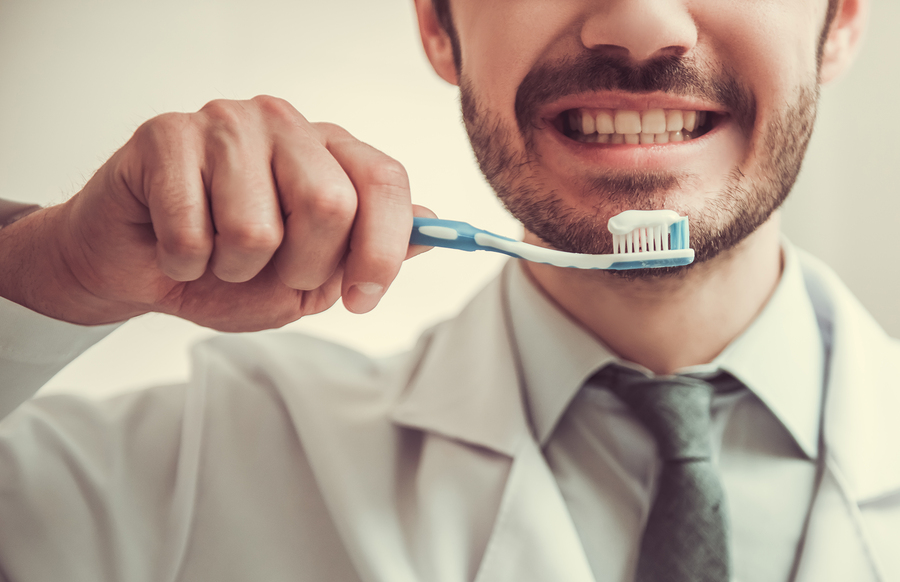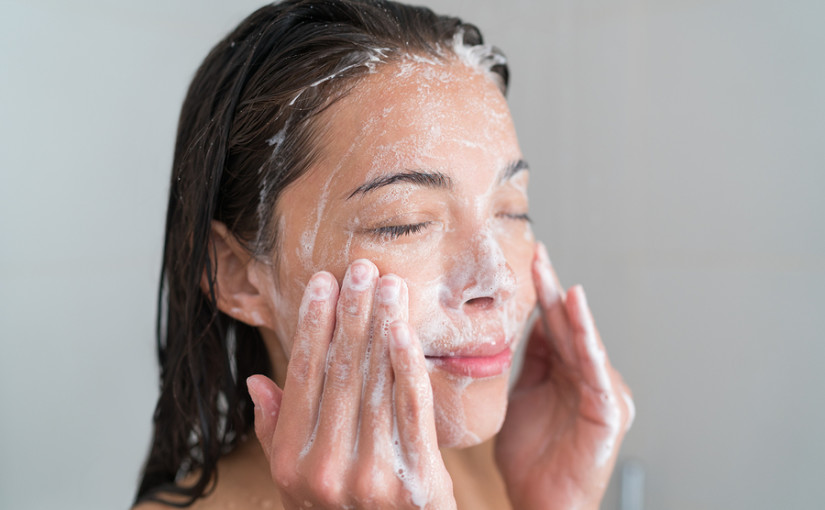Scientists at the University of Bath have developed a plastic-free microbead alternative that won’t pollute our oceans.
Microbeads are manufactured solid plastic particles of less than 5mm in width, which are often found in beauty products such as body and facial scrubs, and toothpaste. These tiny plastic beads have met heavy criticism in recent years due to the fact that they slip through sewage filtration systems, ending up in our waterways and oceans, where they are innocently consumed by marine life and birds. In fact, a recent study estimated that nine in 10 of the world’s seabirds have plastic in their stomachs.
It has been predicted that by 2050, plastic will outweigh fish in our oceans, and microbeads are a large contributory factor to this issue: a single shower, for example, can result in 100,000 plastic particles entering the sewage system.

Scientists at the University of Bath’s Centre for Sustainable Chemical Technologies (CSCT) have been busy tackling the microbead issue, and have come up with a biodegradable alternative which can be manufactured in bulk.
Lead Researcher, Dr Janet Scott of the CSCT, said of the research:
“We’ve developed a way of making microbeads from cellulose, which is not only from a renewable source, but also biodegrades into harmless sugars”
“We hope in the future these could be used as a direct replacement for plastic microbeads.”
This development comes as the plastic version is yet to be banned in the UK, despite a ban in the USA. It has been said a microbead ban will be put in place in the UK by the end of 2017, but for now some companies are removing them from their ingredients list ahead of time.
Featured image credit: Maridav
